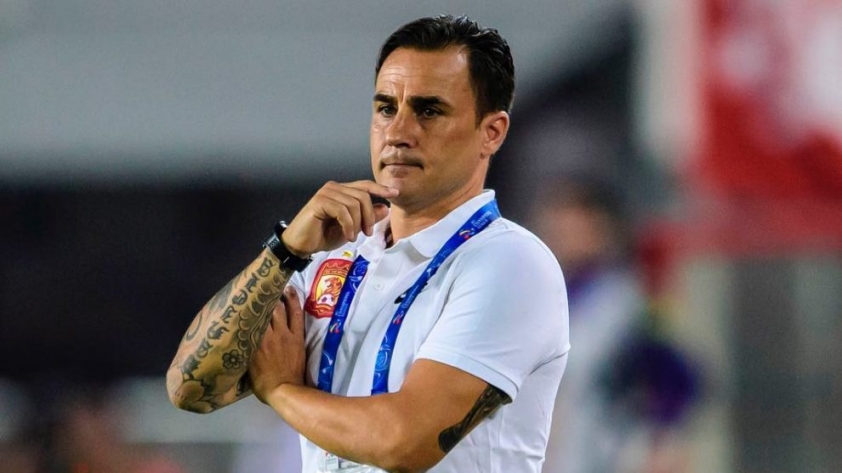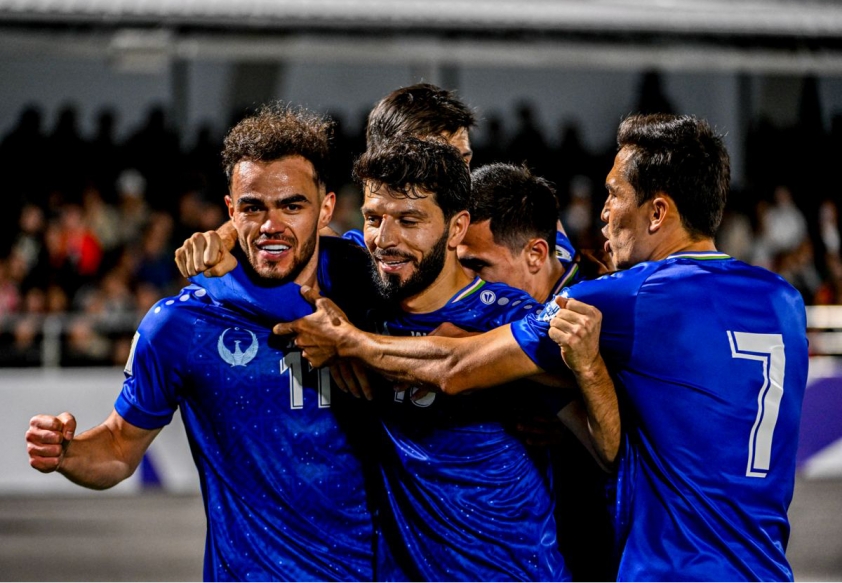Chinese media 'celebrate' as Italian legend will not coach the national team
Chinese football is in the process of appointing a new head coach, yet surprisingly a piece of “positive news” has appeared, causing both the media and supporters to breathe a sigh of relief.
According to reputable journalist Fabrizio Romano, Fabio Cannavaro, the captain of Italy’s 2006 World Cup-winning team, will not take the helm of China’s national team as previously rumored, but is instead close to finalizing a deal to lead Uzbekistan’s national squad.

In recent days, international media has been speculating that Cannavaro is a strong candidate for China’s head coach position. However, this news immediately sparked negative reactions from many fans. Although he was one of the world’s best defenders, Cannavaro’s coaching career has been rather unremarkable. He once managed Guangzhou Evergrande and had a short stint with China’s team, but left a weak impression, even being criticized for lacking tactical depth.
Therefore, when Romano confirmed that Cannavaro is being invited by the Uzbekistan Football Federation to replace coach Timur Kapadze, Chinese media called it a “pleasant surprise.” The Sohu even commented: “Chinese football has avoided making a wrong choice.”
The puzzling aspect lies with Uzbekistan. Current coach Timur Kapadze recently led the team to qualify for the 2026 World Cup, defeating Qatar 3-0 and winning the Central Asian Cup after overcoming Iran. Such impressive achievements should have secured his position, yet the Uzbekistan Football Federation unexpectedly approached Cannavaro.

Currently, the Chinese Football Association is conducting online interviews to select a new head coach. The shortlist includes names like Philippe Clement (former Rangers coach), José Peseiro (former Porto coach), Michal Probierz (former Poland coach), Oscar Garcia, Javier Pereira, and Jordi Vinyals. However, most of these candidates have yet to inspire much hope due to limited international success and experience.
Clearly, in Asia today, choosing a national team coach is not just about picking a famous name; it’s a strategic challenge: who has the capability to build identity, elevate the team, and guide the squad toward the World Cup dream. For China, the answer remains uncertain.










 Links
Links
 Contact
Contact
 App
App


